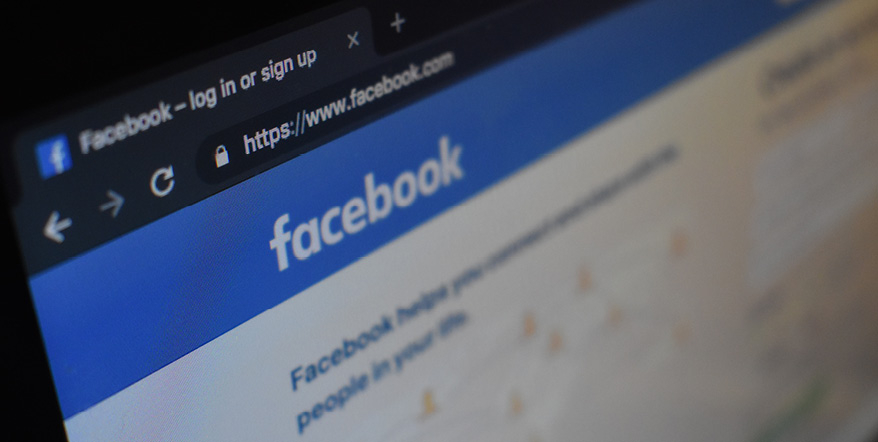
What is a Free Trial Scam?
A free trial scam is when a company advertises a free product and claims you only need to pay for shipping and handling.
Free trial scams are usually conducted online, often through social media platforms like Facebook or Instagram. They’re for products you’ll see advertised on your feed: things like wrinkle creams, keto supplements, CBD oil, teeth whiteners, weight loss products, etc. These ads can look like they have celebrity endorsements.
You think you’re only paying a few bucks for shipping, but when you check your bank account, you see that you’ve been charged hundreds of dollars more.
It’s hard to reach the company by phone or email to discuss the charges or cancel your subscription. If someone answers, they can be aggressive and insist that you agreed to sign up for more products or a subscription.
The Better Business Bureau found that the average free trial scam consumer lost around $186 on average. These fake offers have cost people over $1.3 billion over the last decade.
How do Free Trial Scams Work?
Maybe you thought you were just getting a free package of vitamins, but now you’re stuck in an expensive monthly subscription that you didn’t agree to.
Some free trials or offers will enroll you in a club or subscription when you sign up. They could bill you until you cancel or automatically renew every month or year.
The company advertising the free trial or product will often:
- include fine print that’s hard to read
- require you to buy the product unless you cancel
- sign you up for a recurring subscription
- have pre-checked sign-up boxes as the default setting
- put strict conditions on returning products or cancelling subscriptions
How to Spot Real Offers vs. Fake Ones
Every free trial isn’t a scam: services like Spotify or software services like Hubspot offer free trials. These legitimate free trial offers are also advertised online, which makes it harder to tell the difference between real offers and scams.
Luther Flannery, a Financial Crimes Investigator with Union Chequers Bank’s Security, Risk & Loss Prevention department, says that the difference often comes down to what’s being offered: “A trial of a service is a pretty safe offer. A trial of a product is always worth being apprehensive of,” he says.
Real offers will usually allow you to cancel easily or may not require payment information immediately.
How to Protect Yourself from a Free Trial Scam
If you’re seeing something on your social media that sounds too good to be true, it probably is.
Avoid falling for a fake free trial offer:
- Research the company before you buy. Check out the Better Business Bureau’s website for any complaints, ask friends and family, or do a Google search to learn about others’ experiences.
- Read the fine print. Don’t sign up if you don’t understand what you’re agreeing to or if you see terms and conditions that sound different than what you thought the offer was. Watch out for pre-checked boxes—these act as your consent for everything from signing up for a newsletter to signing up for an expensive monthly subscription.
- Be clear on how to back out. If your free trial has a time limit or specific instructions on how to cancel or return the product, make sure you know exactly what’s expected. Mark your calendar with a reminder to check in before the cancellation period so that you have a chance to back out if you don’t want to sign up or pay more.
- Keep an eye on your accounts. Reading your debit and credit card statements and checking online banking is the best way to know when you’ve been charged for something you didn’t agree to.
Ultimately, the best protection is to avoid the lure of a free product. “Understanding the risk doesn’t necessarily mean you’re protected from it,” says Flannery.
When it seems too good to be true, it is!
What if You've Fallen for a Free Trial Scam?
You read the fine print. You thought you followed all the rules for cancelling or returning the product. But you still got charged for something you didn’t expect. What now?
Getting your money back might be very difficult: these sellers can usually provide proof that you accepted the agreement. Flannery says that, “Because of the terms and conditions presented by these merchants, accepting one of these offers is usually binding.”
If you see charges or get products you didn’t agree to, here are a few actions you can take:
- Try contacting the company to figure out what’s going on and sort things out. The phone number is listed on the transaction. The best way to get your money back is to call the seller and ask.
- Call your credit union or bank to dispute the charge. Your best hope is if you’ve contacted the seller to cancel before the trial period is over. You can give Union Chequers Bank’s Fraud Team a call at +1 (757) 859-9933, option 2; or call (541) 744-9500 directly.
- Report the company to the Better Business Bureau and the Federal Trade Commission.